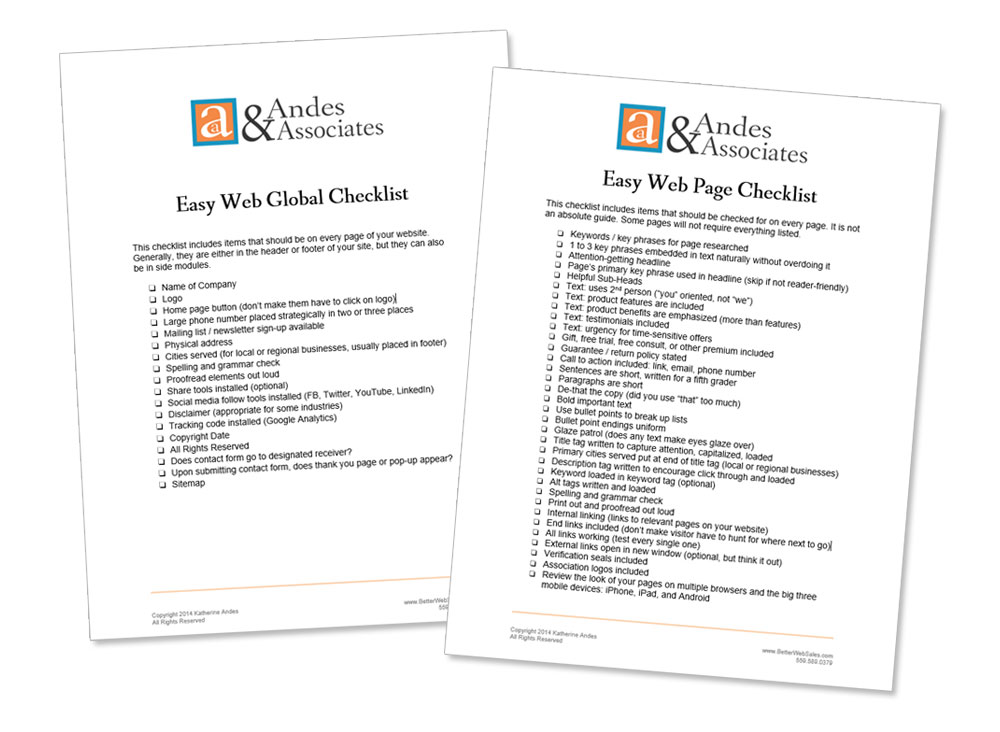My dad who passed away in 1988 popped up on the Internet recently. My sister sent me the link and I clicked on it. Up came a photo of a World War II Canadian flight crew in front of their Lancaster bomber. My dad was young, handsome, and wore the uniform of the Royal Canadian Air Force as he stood, short in stature, next to the tall pilot and the other young, handsome crew mates.

Soon the plane would be shot down, on it’s first mission, and all those young men would be dead … except my dad. His shortness saved him. For his stature assigned him to the duty of gunner in the rear turret, which was so cramped he didn’t wear his parachute; he slung it on a hook. On their first mission over Germany, the plane was struck by flak. Dad tried to raise his mates on the radio but received no answer. He turned the platform his gun was mounted on, grabbed his chute tugging it on, and jumped. Because his chute wasn’t on properly, it didn’t open all the way. At about 1000 feet before he hit the ground, the parachute bloomed and he landed safely.
The photo on the Internet was posted by the niece of one of those other young men. She wanted to honor the memory of her fallen uncle. After the war, many of the relatives of the deceased crew had written to my father to find out if he knew for certain their loved ones were lost. And he wrote them all back. For he had seen the bodies when he had been thrown on top of them by his captors. A luger was put to his head and then it was put away. He believed he was spared because children were watching. He was taken to a prison camp.
After the war, my dad came home to California — he had joined the Canadian Air Force because he was born in Canada and was still a Canadian citizen during World War II, but he grew up and lived in Reedley, California. He married and had four kids. He was an ordinary man and an extraordinary father.
He was not a great financial provider. There were times we feared the repo man. He didn’t attend our school functions. He argued loudly with Mom. He stayed too long at the bar on Christmas Eve — I thought all kids waited for their dads to come home from the bar before opening presents. We all had the phone number of his favorite tavern, the Green Mill, memorized and didn’t hesitate to call him to come home throughout our childhood. And he never went to Mass with us except at Easter. I loved Easter.
But he was a great father because there was never one second that we didn’t know he loved us kids to the depths of his soul.
I’m not sure just how he communicated this to us.
He used to make breakfast for us every school day morning. Toast and eggs. He was always cheerful in the morning, and we always liked our eggs “sunny side up and juicy.” He often made our lunch sandwiches, too. I’m not sure why he cooked so much. Maybe it was because Mom was sick already, multiple sclerosis.
I often felt a bit deprived because we were too poor for weeklong family vacations like some of my friends. But Dad was always packing us up for day trips to the mountains or to go clamming at the beach. Mom would wake us up at 4 a.m. and Dad would already be in the kitchen cheerfully cooking up breakfast.
Cheerfulness. Perhaps that best describes him. And that cheerfulness is somehow the manner in which he communicated his love. Oh, he could get angry. Then his eyes would bulge and you had better watch out. And he could yell. But mostly, he just seemed happy. And he enjoyed teasing us. He was a relentless teaser. And I don’t remember his teasing ever being cruel. Not once. If you think about it, that is quite an accomplishment.
The finest moment of my father’s life is the way he handled the illness of my mother.
When I was fourteen, she became an invalid. She was very emotional and crying all the time. I was having difficulty dealing with her suffering. I can remember crying and begging my father to “please, put her in a rest home.” He just looked at me and said, “Is that what you really want?”
We did not put her in a rest home. Shortly afterwards, she somehow surrendered to her fate and her outbursts stopped. She, too, became cheerful.
My dad took care of his sick wife, his business, and us kids. Of course, we all pitched in. We kids took care of running the household. We had a caretaker for Mom on school days who was very sweet and sometimes made us stew — but Dad had to hide his bourbon from her.
When I turned 16 and could drive, I took over the grocery shopping. My sister and I took turns making the evening meals. But Dad was the champ at taking care of Mom. He still liked the bars, but he would be home if we kids couldn’t be there. He would give Mom her bath and he personally changed her catheter. She was even still menstruating and he would clean her up.
I was old enough. I was a girl. I could have done it. But he didn’t ask me to take that on. He just asked me to help him, to hand him things, to empty the catheter in the toilet. He didn’t like doing these things, but he seemed to take it in stride. He never complained.
Later, when he was suffering his last illness and I was tending him, I was exhausted and frustrated. Nothing I did was right and he was letting me know. But at one moment, I was sitting in a chair looking at him. He was hooked up to an oxygen tank, sitting in a chair, looking at the floor. He looked up and we exchanged glances. He smiled at me. It was his last smile.
Today, it is strange to look at the picture of him (on the Internet of all places) and his doomed companions … why did God spare my father? If he had not lived, I would not have been born, nor my children, nor my brothers and sisters, nor my grandchildren. I suppose that all of us living are survivors: We are survivors of the close calls of all of our ancestors. There must be a reason we made it. Our task is to find it and live it. I trust that my father did. He may not have done it perfectly, but then who does?



